Lithium
Lithium thickened grease is a found throughout industry. It is perhaps the most common grease. Oftentimes, manufacturers will claim that lithium extreme pressure (or EP) grease is ‘high temperature’. In fact, the lithium thickener will break down at around 150°C. This is a low temperature in the world of high temperature grease!
Bentonite Clay
Bentonite clay is a grease thickener that allows for elevated temperatures up to around 260 °C, depending on the consistency and quality of the clay. It is a very good thickener for many high temperature applications, due to its excellent ‘non’ melt properties. Particularly when it is in a complex advanced form, with a high quality oil .
Moly
Above a certain temperature, solid components become a critical part of high temperature grease. Molybdenum Disulphide is perhaps the most common in conventional liquid greases. In fact Moly is also an EP additive. Developed during the space race, Moly comes from the mineral Molybdenum. It has excellent low friction properties. In some lubricants, Moly is an additional lubricant to an oil base, and in others, it is the only lubricating agent in dry form. Moly greases can work up to around 300 °C, although the dry powder is stable up to approximately 400°C.
Graphite
The principles of graphite are similar to Moly. However, the lubrication offered works well up to much higher temperatures (around 1000°C, depending on the formulation used). Most often, graphite works with a carrier agent. The agent flashes off and leaves behind a dry film. This type of lubrication is only suitable for slow moving applications and users must be careful not to overload the bearing or moving part. Having said that, this is the only type of grease suitable for extreme applications. High quality formulations can perform excellently.


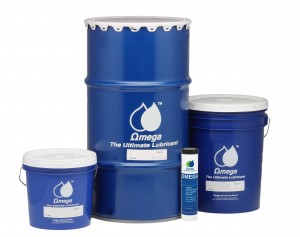
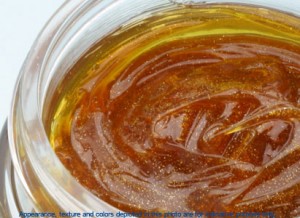
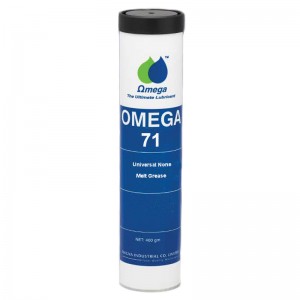

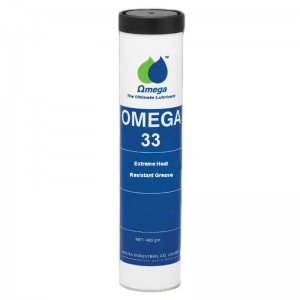
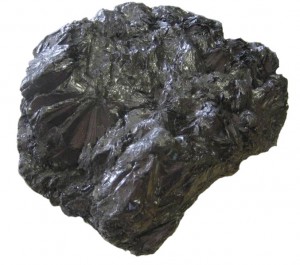
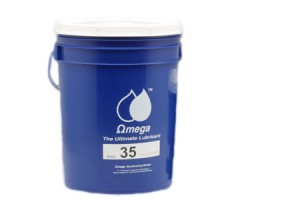
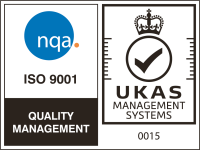
Leave A Comment
You must be logged in to post a comment.